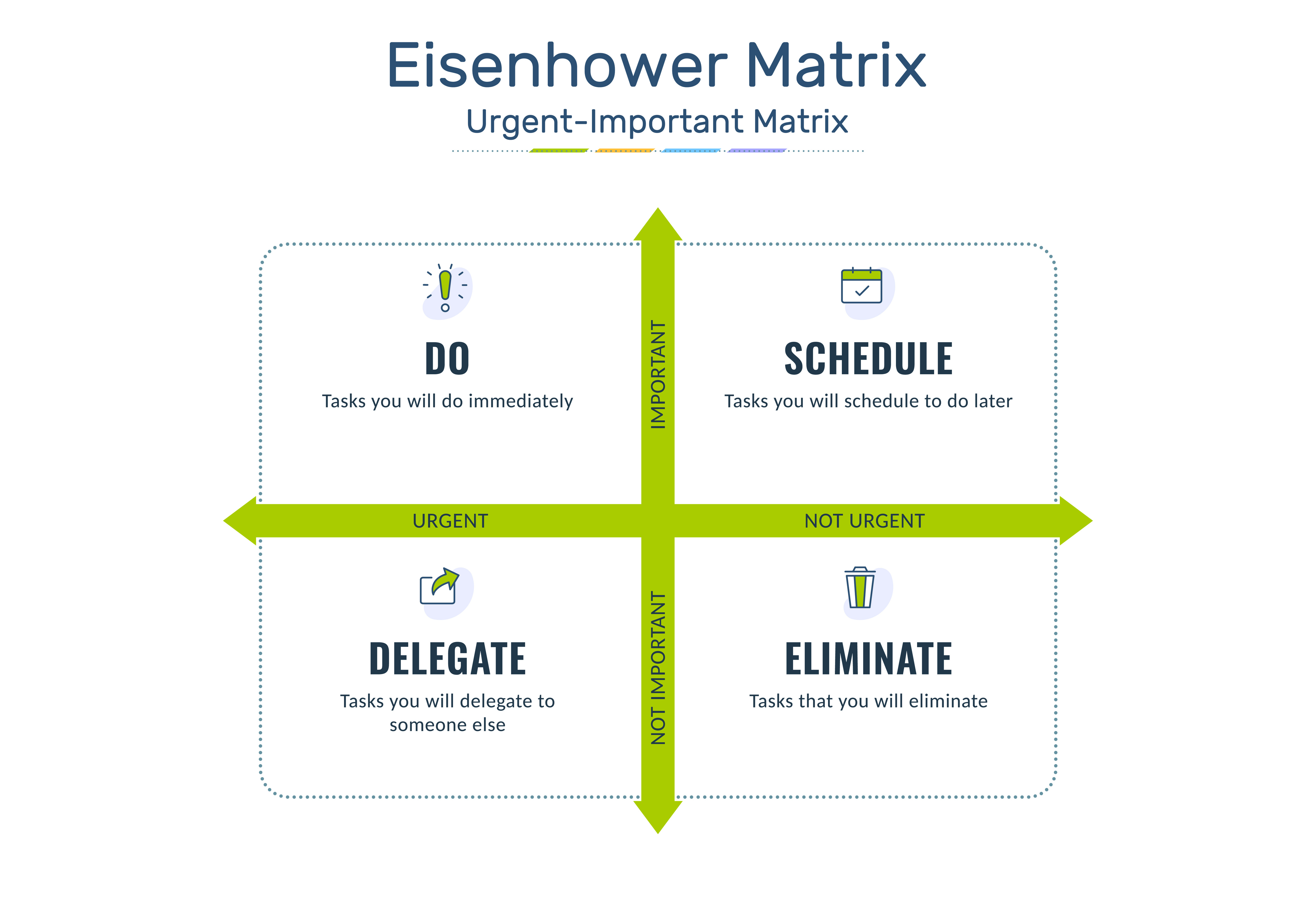
Do you struggle with knowing what to do next? Does it all feel urgent and important? What if I told you the key to prioritization was to understand your core values and needs?
If we don’t have goals or a sense of who we are and want to be, how can we decide what to do first? We need something to hold our tasks up to determine where they fall in priority. A priority is more important than other things and needs to be done or dealt with first. When we name our Core Values and Needs, we allow ourselves to focus on those tasks that move us closer to living to those ideals and can rank the tasks that come into our lives.
Thinking About Your Priorities
There are many types of priorities…work, home, family, community… the list goes on. When we aren’t focusing on the priorities that keep us close to our core values and needs, we move into a state of overwhelm.
I suppose you are like me, and the thought of naming your values and needs is a difficult task. I used to get a deer in the headlights look about me. First, let’s talk about the difference between a value and a need.

Core Values and Needs
Needs are those things that enable us to function in life. Our needs keep us going and will be provided by ourselves or our environment. If your needs aren’t being met, then life may seem like it just isn’t working.
Values, on the other hand, are inspirational. When you think of your passions, your values may stand out. Values make life worth living, and when we connect our goals and decisions to our values, we are more motivated.
How do we determine our core values and needs? Well, we decide! It is our first exercise in prioritization. Some of your values and needs may come to you intuitively. (AKA: They pop into your head) If they don’t, that is ok. I’ve got you.
Try this simple Values and Needs exercise. Then, come back and finish reading this post.
How did that go? Do you have a sense of your values and needs now?
You can have as many values and needs as you want but see if you can’t get it down to three of each.
Why only 3?
You are probably reading this because you are overwhelmed, and everything seems like it is a top priority. Overwhelm in my experience comes from two places:
- Too many priorities
- Not being in alignment with your values and needs
Your Big Rocks
How do you combat too many priorities? Think of your big rock? Stephen Covey popularized the Big Rock Theory, and it goes like this:
A philosophy professor stood before his class and had some items in front of him. When the class began, wordlessly, he picked up a large empty mayonnaise jar and proceeded to fill it with rocks right to the top, rocks about 2″ diameter. He then asked the students if the jar was full? They agreed that it was. So the professor then picked up a box of pebbles and poured them into the jar. He shook the jar lightly. The pebbles, of course, rolled into the open areas between the rocks. The students laughed. He asked his students again if the jar was full? They agreed that yes, it was. The professor then picked up a box of sand and poured it into the jar. Of course, the sand filled up everything else. “Now,” said the professor, “I want you to recognize that this is your life. The rocks are the important things – your family, your partner, your health, your children – anything that is so important to you that you would be nearly destroyed if it were lost. The pebbles are the other things in life that matter but on a smaller scale. The pebbles represent things like your job, your house, your car. The sand is everything else—the small stuff. If you put the sand or the pebbles into the jar first, there is no room for the rocks. The same goes for your life. If you spend all your energy and time on the small stuff, material things, you will never have room for the things that are truly most important. “Take care of the rocks first – the things that really matter.”
Your big rocks are your core values and needs. The container is finite and has boundaries. There were only so many big rocks that could fit into the container. Yes, smaller pebbles, sand, and water will still fit, but there is only so much room. We must make sure the smaller particles are supporting our big rocks. When our tasks and priorities are aligned with our core values and needs, this is when life feels right.
Do Your Goals Match Your Values?
Now that you have your core values and needs, your big rocks. It is time to decide where you are going. What are your goals? Your goals should reflect your values and needs.
We must have something we are moving towards to prioritize the tasks that come into our lives, or it will all seem important and maybe even urgent.
We will now move into a few different methods to rank your tasks to know what to work on next. If you don’t have a goal that supports your core values and needs, this won’t help. So really get clear on the values and needs and the plans that support them.
Prioritization Methods
I start with a deadline-based approach, assigning each task a deadline as it comes in. I work on the items with the nearest deadline. If multiple deadlines are coming due, I will use one of the other methods to gauge the importance of each task.

Sunk Cost Fallacy
We are not stagnant creatures; our values and needs will change, which means our priorities will change. These changes may be due to personal growth or life transitions. Don’t play victim to the sunk cost fallacy. Just because you have spent time, effort, and possibly money, if your values no longer align, it is time to reevaluate and see what new values and needs have arisen.
Conclusion
Have your priorities become clearer? Try out the Core Values and Needs exercise and evaluate whether you are in alignment. Try out the different methods of prioritizing your tasks to see what fits best for you.
Comment below to let us know your core values and needs.





Powerful stuff! This is a topic that will help everyone refocus and redirect their energy. Thank you for bringing this topic up. Some core values and needs may change over time, so reviewing these areas is essential.
This is great stuff, and I don’t think many approach productivity in this way. It’s easy to fall into the trap of setting a goal to increase your income by 20% (for example) without considering that your current income meets your needs and what’s more important to you is having free time to do volunteer work.
I think this is terrific! Before we organize and plan our activities, first become aware of what our priorities are. That helps us make the plan, right? As they say, if everything is important, nothing is important. Signed up so hopefully I can do the exercise!
Something so important that you mentioned- our priorities, needs, and values can shift for various reasons. So flexibility is key in figuring out how to be most productive.
I love the fill-the-jar metaphor! I often use it to illustrate this concept. Making sure the pebbles and sand are supporting your big rocks is a great new perspective on it.